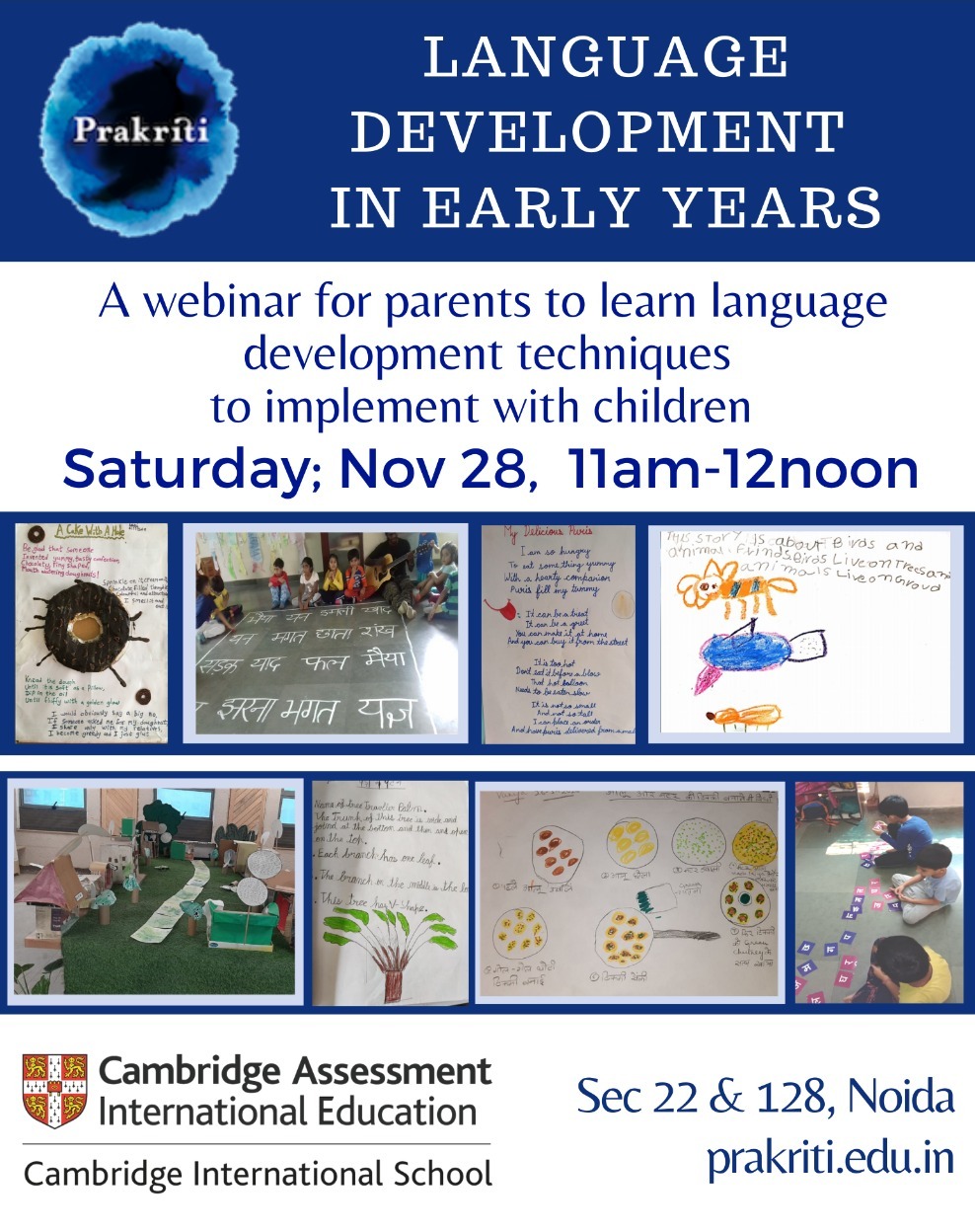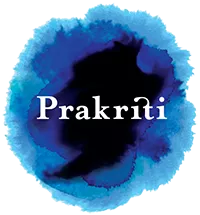
“Every child has an imagination, an instinct for words, a dramatic faculty, a wealth of ideas, a dramatic faculty, a wealth of ideas and fancy. Instead of dry spelling and reading books, looked on as a dreary and ungrateful task, (s)he should be introduced to the most interesting parts of his own literature and the life around him(her). These should be put before him in such a way as to attract and appeal to qualities that are natural to him(her)”
“The mother tongue is the proper medium of education and therefore the first energies of the child should be directed to the thorough mastering of the medium”. When the mental instruments are sufficiently developed to acquire a language easily and swiftly, that is the time to introduce him to many languages, not when he can only partially understand what is taught and master it laboriously and imperfectly. Moreover, one who has mastered his own language has one very necessary facility of mastering another. With the linguistic faculty unsatisfactorily developed in one’s own tongue, to master others is possible”

– Sri Aurobindo
Early years language development is an intriguing objective for parents and educators alike. Whether the thrust of language development for three and four year olds be English or mother tongue and whether reading and writing are the logical first steps to language acquisition. Despite the wisdom of the education philosophers and the significant research backing the mother tongue, we have new parents who look extremely concerned on whether their children will be left behind on picking up English.
There are a lot of myths such as these that the National Education Policy has tried to debunk but it is important to understand the rationale behind it. Read here
Prakriti practices bilingual instructional strategy but does strongly feel that the young children should learn language starting with their mother tongue and develop familiarity with their immediate context. All this while the child develops familiarity with conversational English through stories. We build skills in acquiring English when the child is ready, typically at the age of 5. In the webinar, we talked about how we ensure that language acquisition happens both in Hindi and English in early years at Prakriti.
